South Sudan Launches Second Joint External Evaluation of Health Regulations
Posted on: 2024-09-19. Hol Joseph - MoH Communication Officer
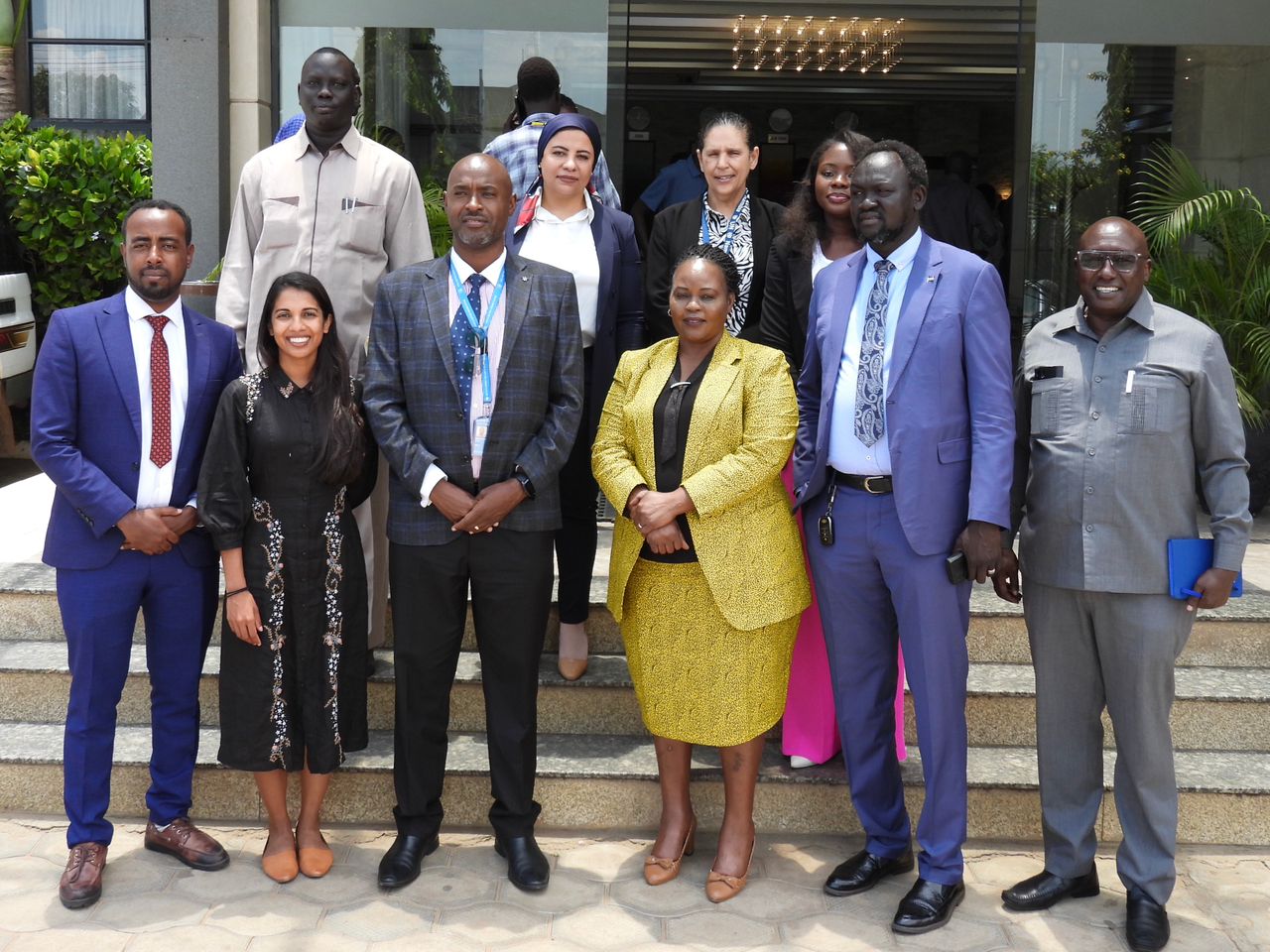
Juba, South Sudan – September 19th, 2024 – South Sudan Launches Second Joint External Evaluation of Health Regulations
The Republic of South Sudan Ministry of Health, in collaboration with the World Health Organization (WHO) and international partners, has initiated its Second Joint External Evaluation (JEE) of the International Health Regulations (IHR) 2005.
Funded by the United States Agency for International Development, EU Humanitarian Aid, and the World Bank, the evaluation is scheduled from September 16 to 20, 2024. Its primary aim is to identify deficiencies and enhance the nation’s preparedness for health-related crises. This year’s assessment will focus on a comprehensive review of the health system, prioritizing high-level political commitment and multi-sectoral engagement.
Dr. Harriet Pasquale, Undersecretary of the Ministry of Health, noted that the first JEE, conducted in 2017, led to significant advancements, including the development of the National Action Plan for Health Security (NAPHS) 2020-2024 and the establishment of One Health Multisectoral Coordination Mechanisms.
“The first JEE in 2017 spurred essential progress, helping us elevate our health system and better prepare for health threats,” Dr. Pasquale stated.
The 2017 evaluation facilitated key milestones, such as the creation of a national action plan for health security and a multi-sectoral coordination mechanism, which have been instrumental in strengthening the country’s health infrastructure.
WHO Country Representative Dr. Humphrey Karamagi emphasized the collective responsibility of all stakeholders in enhancing health systems. He remarked that the second JEE provides a roadmap for improving readiness and response capabilities, underscoring the necessity of sustainable financing and resource mobilization to support the action plans.
Dr. Karamagi reaffirmed WHO's commitment to collaborating with partners to address existing deficiencies through targeted programs and investments in healthcare systems. This includes policy reforms, capacity-building initiatives, infrastructure development, and partnerships with global agencies.
The evaluation process began with a self-assessment in April and involves various stakeholders, including government agencies, international partners, and local organizations, reflecting a unified commitment to public health security.
The results of this assessment are anticipated to guide the formulation of the upcoming National Action Plan for Health Security for 2025-2029, reinforcing the nation’s commitment to global health security standards and enhancing its ability to effectively respond to public health crises.
The National Ministry of Health is actively collaborating with WHO and international partners to implement critical health programs, focusing on securing long-term funding and resources to support these initiatives.
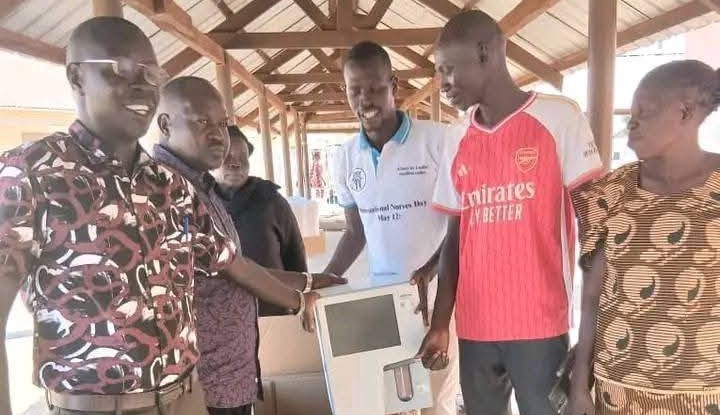 Torit State Hospital Bolsters Diagnostic Capacity with New Laboratory Equipment from UNDP
Torit State Hospital Bolsters Diagnostic Capacity with New Laboratory Equipment from UNDP
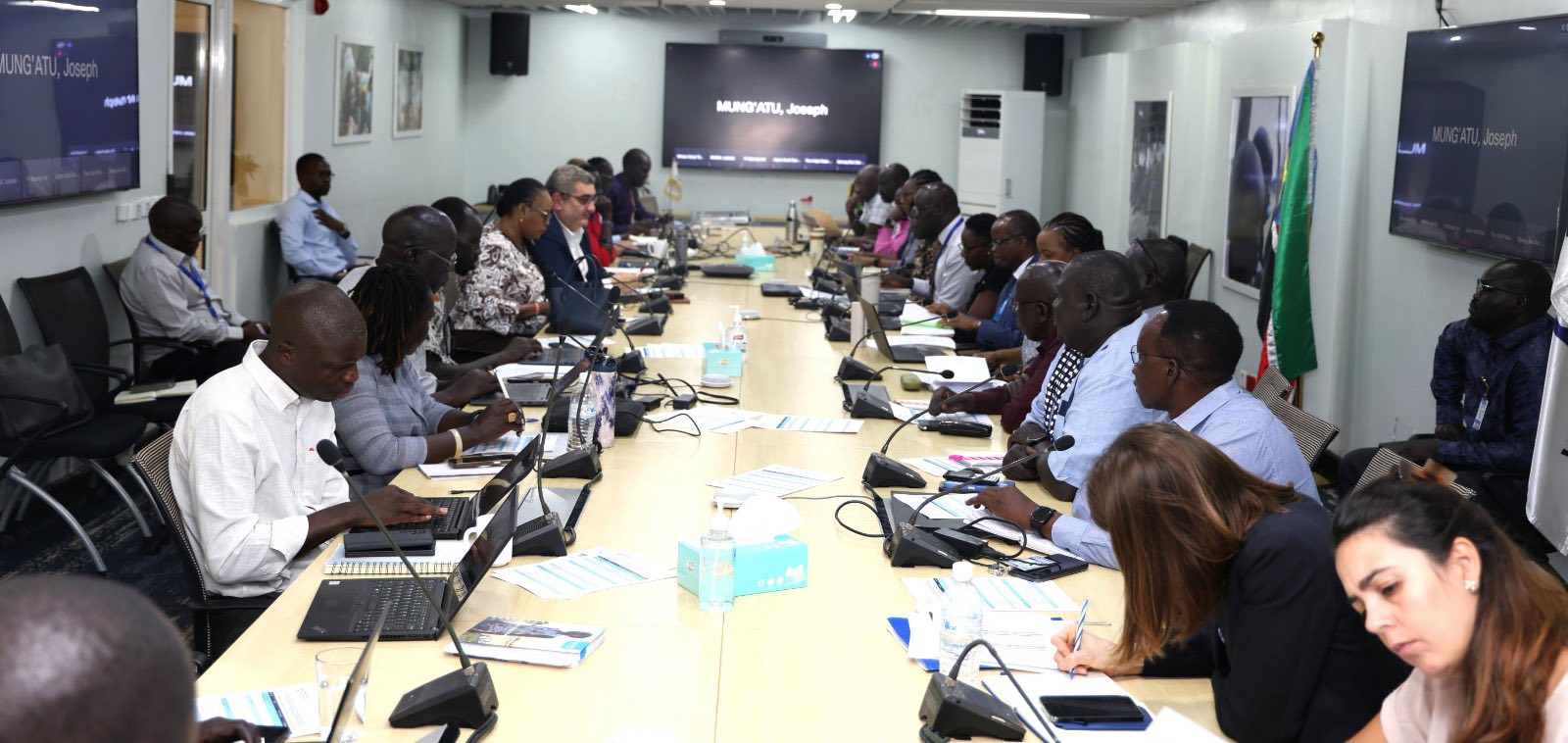 Ministry of Health and World Bank Convene Strategic Mission to Accelerate Health Sector Transformation
Ministry of Health and World Bank Convene Strategic Mission to Accelerate Health Sector Transformation
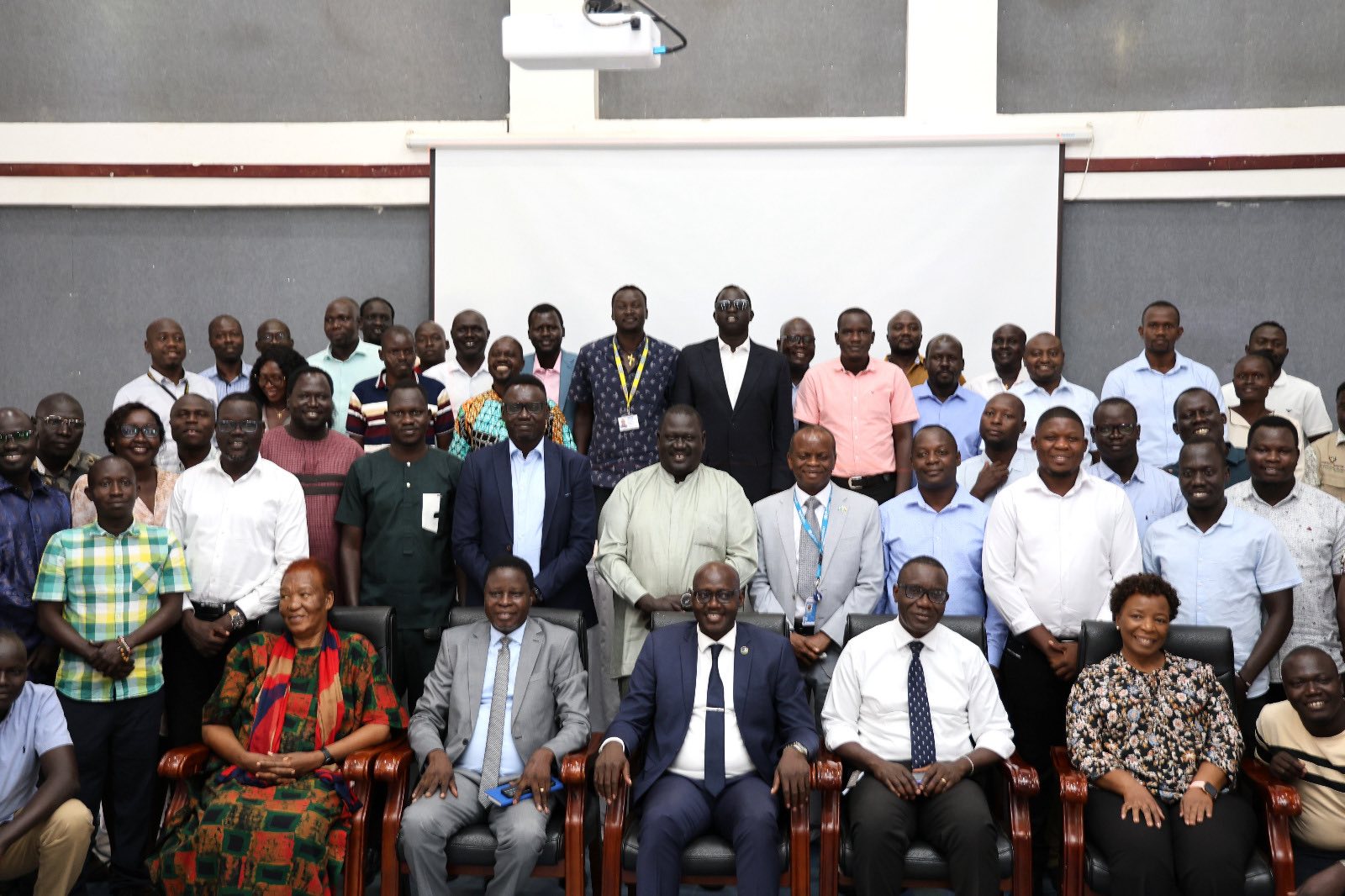 Ministry of Health Kicks Off 3 Day Review to Advance Health Sector Transformation
Ministry of Health Kicks Off 3 Day Review to Advance Health Sector Transformation
 Honourable Minister of Health Sarah Cleto Rial Returns to Juba Following Brief Working Break
Honourable Minister of Health Sarah Cleto Rial Returns to Juba Following Brief Working Break
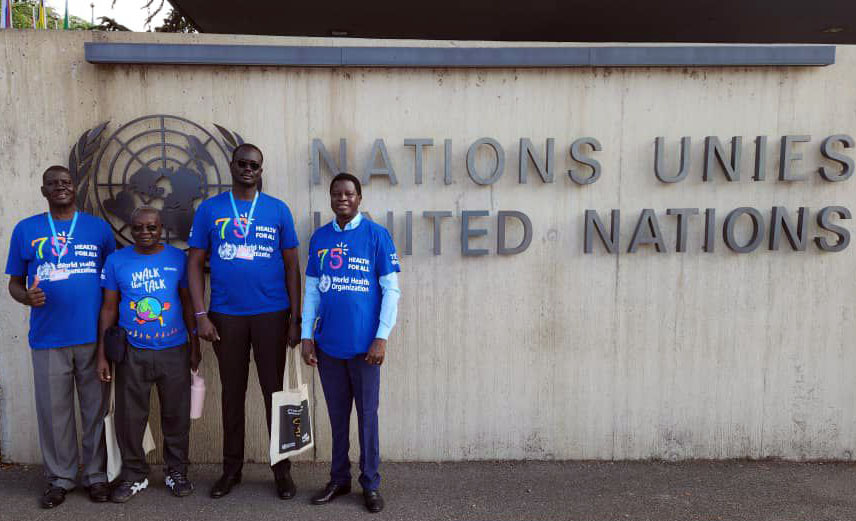 Ministry of Health Staff Lead by Example in General Cleaning Campaign at Headquarters
Ministry of Health Staff Lead by Example in General Cleaning Campaign at Headquarters
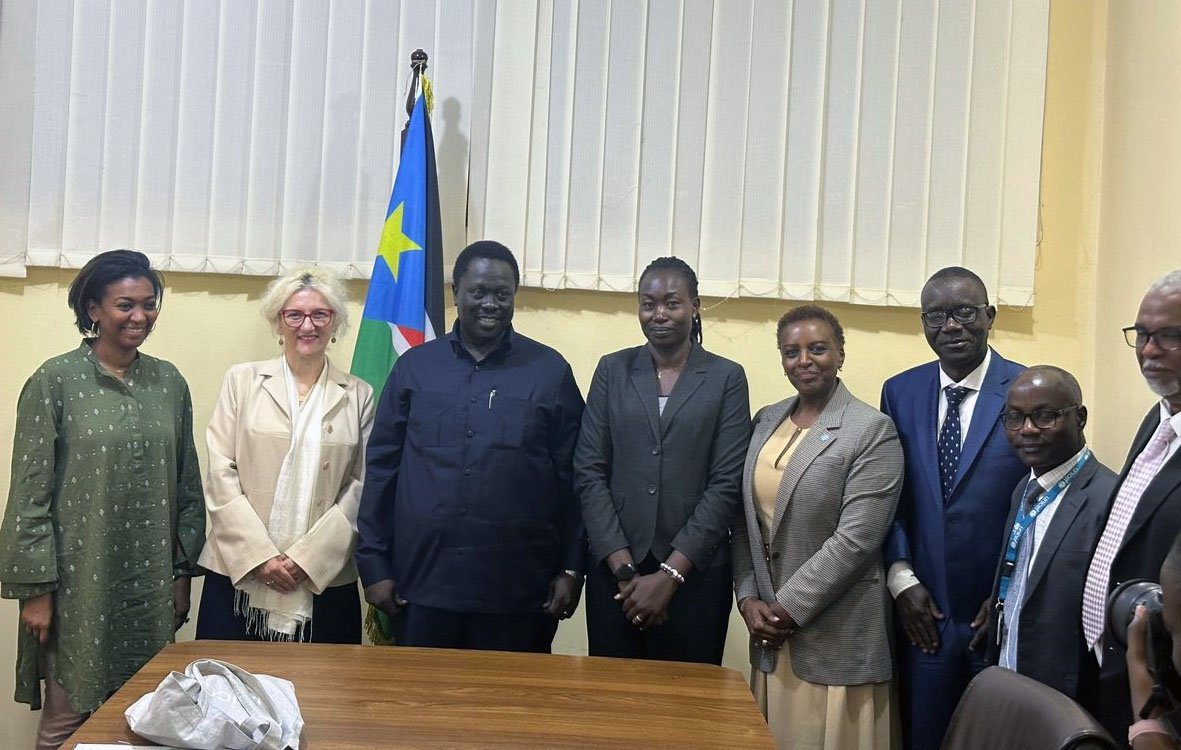 A New Dawn for Mother and Child
A New Dawn for Mother and Child
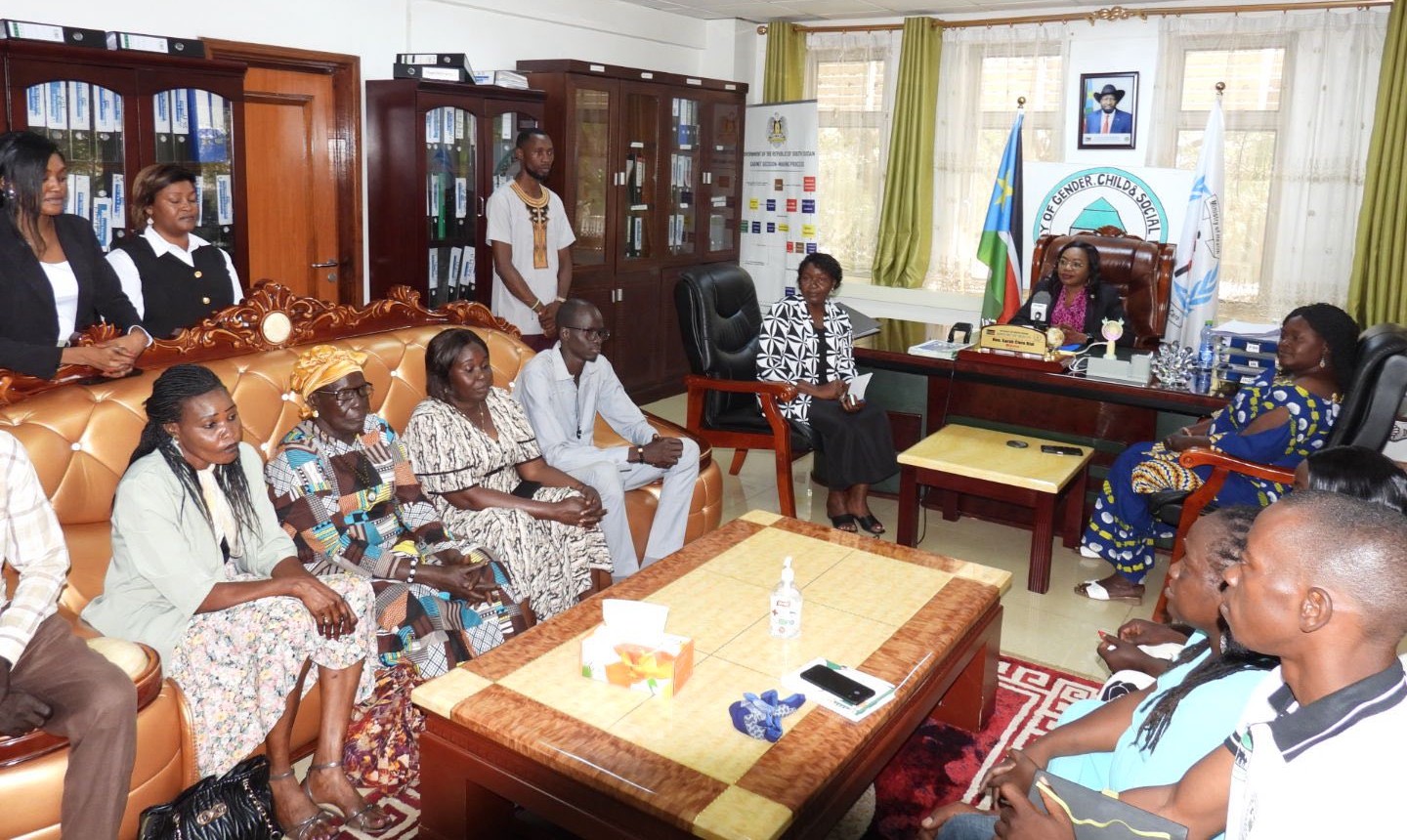 South Sudan Launches 2025 16 Days of Activism Against Gender Based Violence Campaign
South Sudan Launches 2025 16 Days of Activism Against Gender Based Violence Campaign
 High-Level Dialogue on Health Financing Kicks Off in Juba
High-Level Dialogue on Health Financing Kicks Off in Juba

The Ministry of Health is an institution of government that works to maintain South Sudanese health by offering efficient medical facilities and humanitarian support.